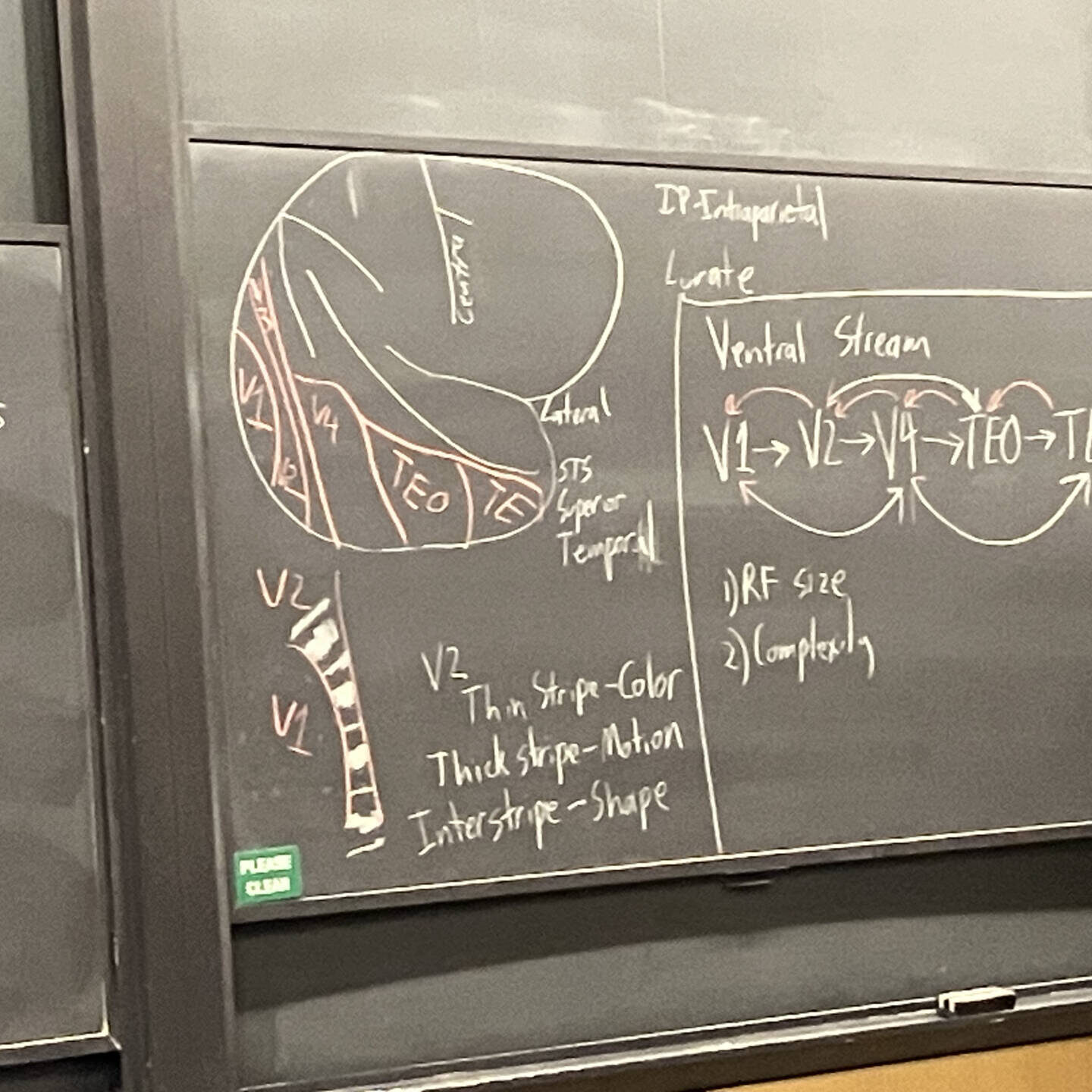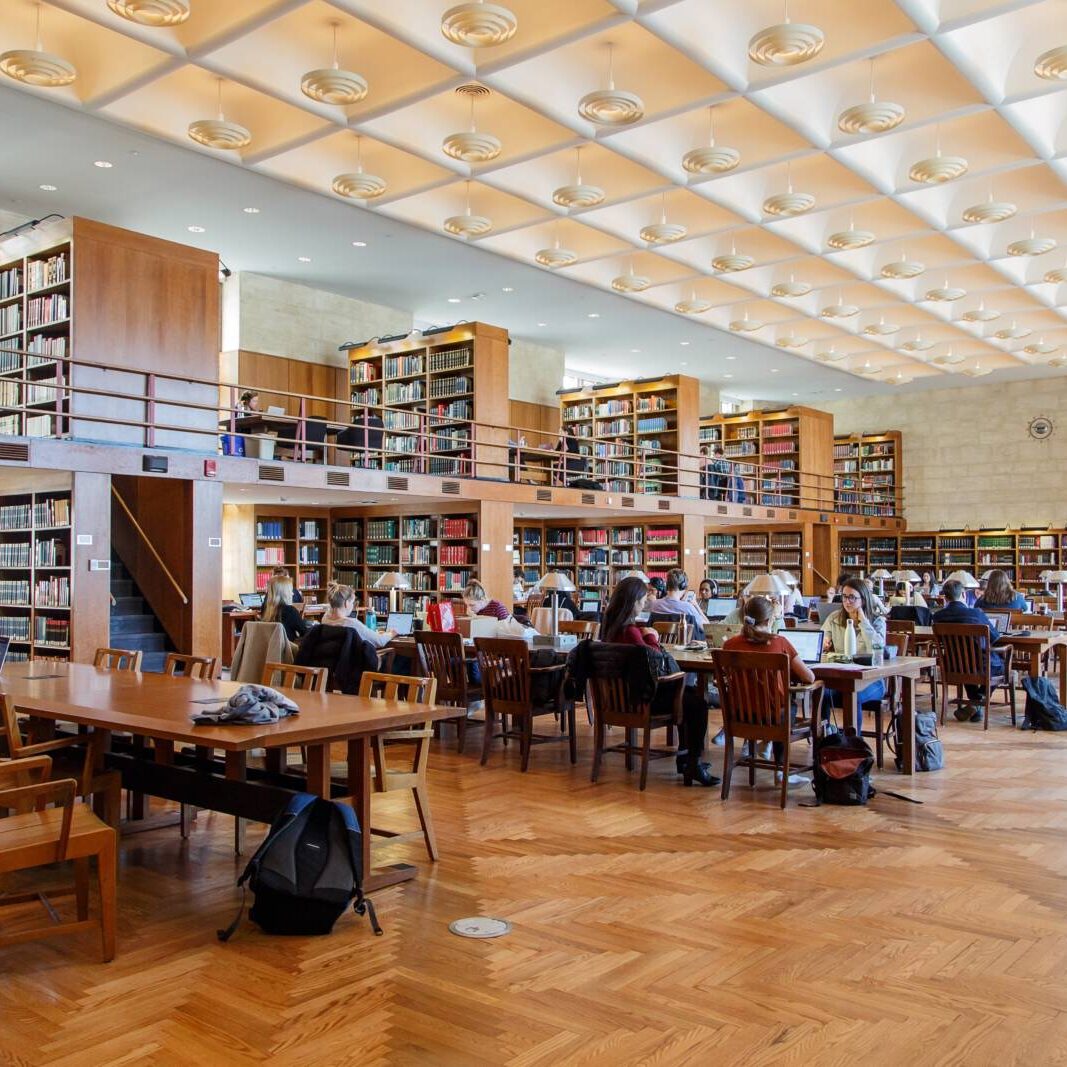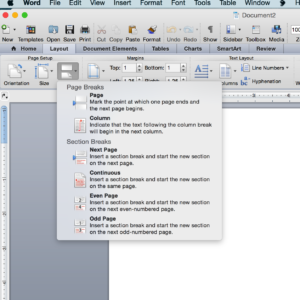This spring semester, I am enrolled as a visiting student at Hertford College, University of Oxford. While now I am back home on Long Island taking my Oxford courses online (just as Princeton students are Zooming into their own lectures and precepts in these strange times of COVID-19), I was able to spend about two months in Oxford. It was a truly wonderful experience; the city is beautiful, the people kind, and the academics engaging and rigorous.
The course of study at Oxford is quite different from that at Princeton. There, students do attend lectures, and sometimes seminars, but most of their academic work is conducted in preparation for tutorials. Tutorials meet most weeks each term, and consist of an hour-long meeting with a professor, either one-on-one or with one or two other students. For each tutorial, students must write an essay of around 2,000-2,500 words to discuss with their professors. Professors give the prompt in advance, and students are expected to craft a response based upon weekly reading lists. These lists are usually quite long, and students are by no means meant to read each item (this would be almost impossible; my reading lists for history courses usually had around ten prescribed primary sources, and thirty or so books and articles suggested for further reading). Rather, students must explore the different sources, be selective, and find works which are relevant to the argument they wish to make. Even though this curriculum differs notably from Princeton’s, it still taught me valuable lessons about my writing process that will help me at Princeton and beyond. Working on tutorial papers, in sum, has made me approach my writing with better time management, more confidence, and more appreciation for the craft of the essay.
Continue reading Write On, Write Well: Lessons From a Semester Abroad





